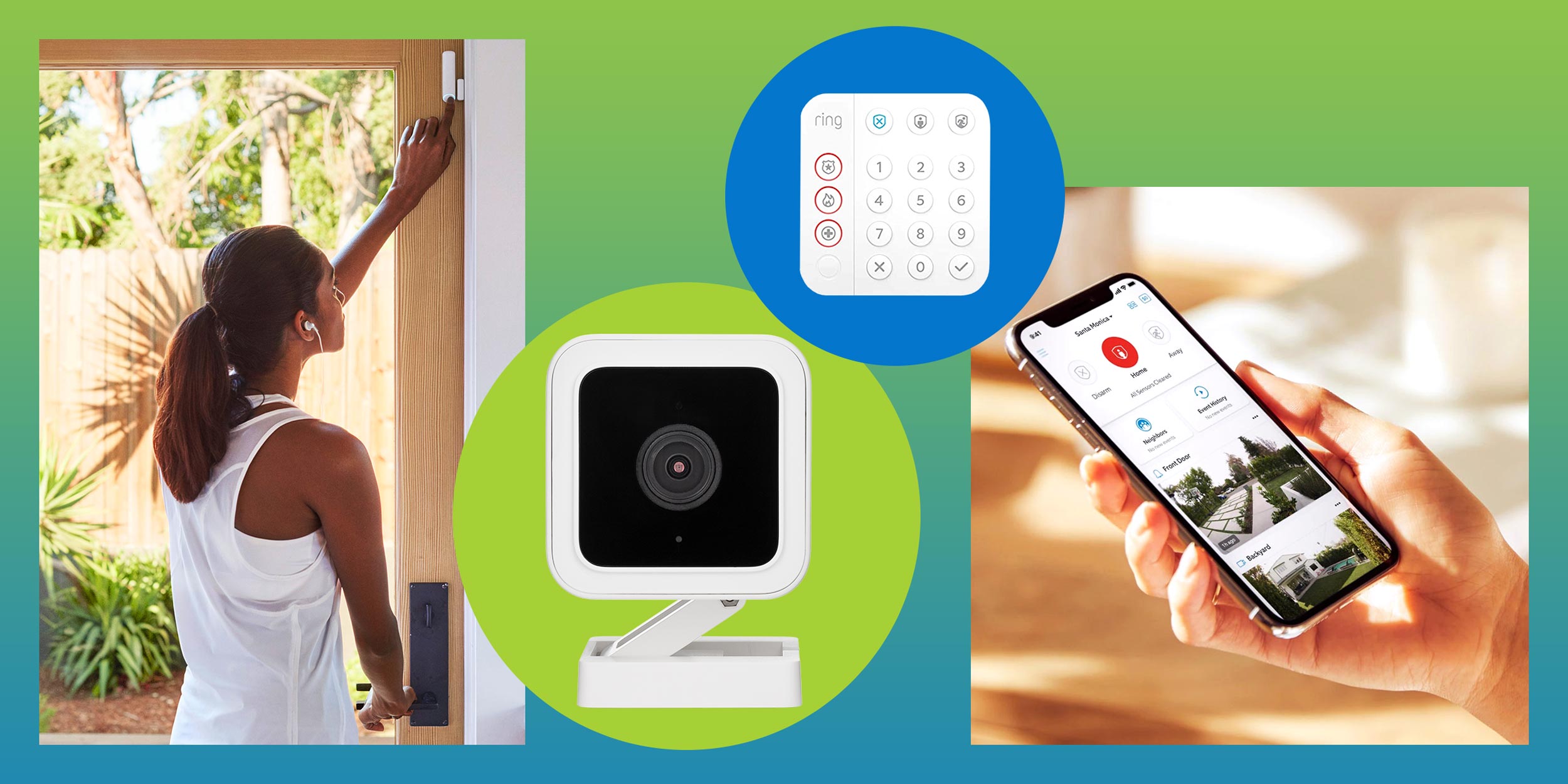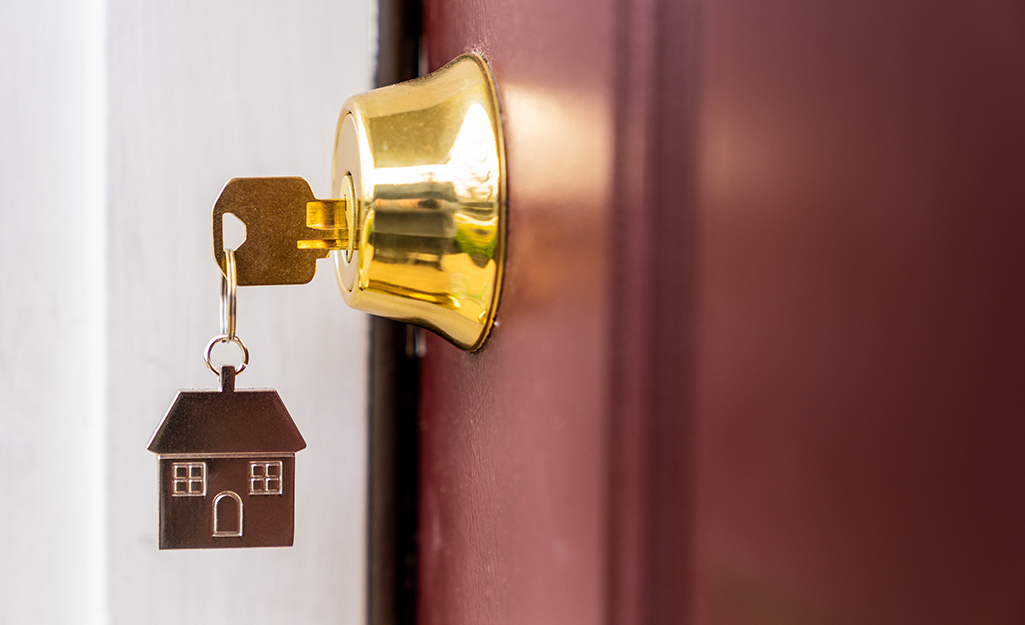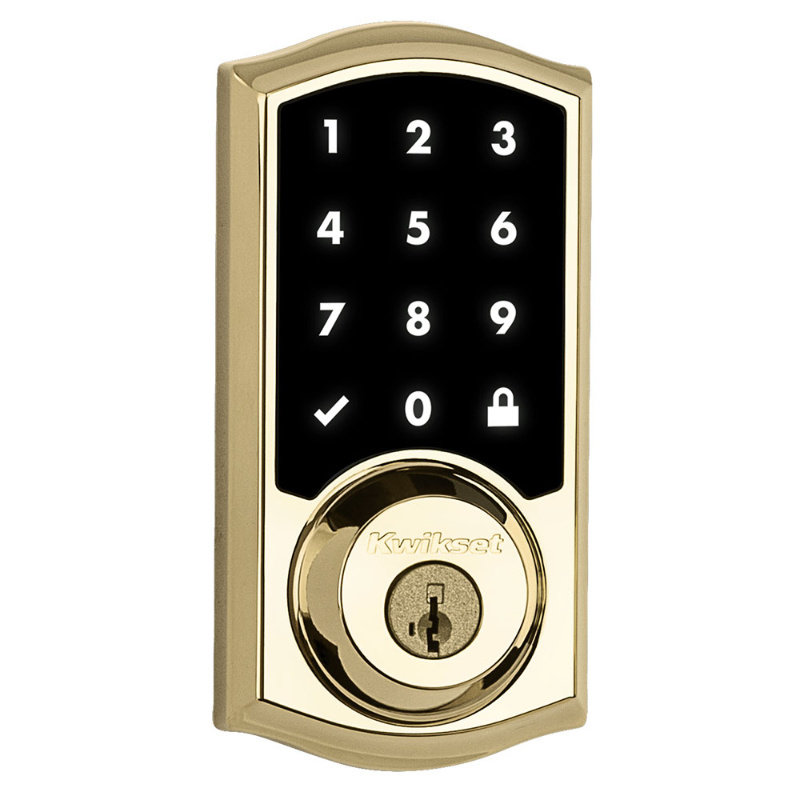
Vivint smart locks can be connected via Zwave to your home’s WiFi network. You can also control it remotely from your phone. You can lock and unlock your doors from anywhere, thanks to the secure connection between your phone & your home. It can also be used to create up 30 unique access codes. It also offers many benefits, including eliminating the need for duplicate keys.
Vivint Smart Lock uses Z-wave connections
Vivint's smart lock communicates with other compatible devices via a Zwave link. The connection is safe and can be passed through walls. It defaults to a Zwave-wave network. You can add other devices, however. The process of adding a Vivint smartlock is simple and takes only a few minutes.
To use the Vivint smart lock, download the Vivint app on your smartphone and install the software. The software is available for free. It allows you to create and expire a unique key. You can also activate the auto-lock function. The auto-lock feature must be activated via Vivint's mobile app.

It connects to your home's WiFi network
A smart lock is an excellent choice for homeowners who are looking to implement technology to secure their homes. It will not only protect your home from burglars but also alert you to potential dangers. Whether you are away from home or just want to check on your home from the comfort of your couch, a smart lock can help.
Vivint smart locking is able to connect to your WiFi network to send you notifications of who's inside and outside of your home. While these notifications can be useful, you should not enable them when you're not at home, such as when the entire family is at work or on vacation. This can lead to false alarms.
You can lock and unlock your doors using your smartphone
Vivint's smart locks make it easy to lock and unlock your doors with no need for keys. You will be notified when someone enters or leaves your home so that you are able to ensure safety. Vivint offers a smartphone app to check the status of your doors.
The keypad and the door locks are connected to a wireless network. The wireless network allows unauthorized users to gain access and modify the settings. This can make your home vulnerable. The latest smart locks have more advanced verification controls, including facial recognition and fingerprints. This reduces the chance of hackers breaking in. You should be cautious about these systems, and ensure that you set up two-factor authentication.

It is well protected against hackers
Vivint smart locks offer homeowners peace of mind and security. It uses an advanced encryption algorithm that prevents outsiders hacking into their device. Your property will be protected by the professional monitoring center. Vivint security uses a password in order to prevent unauthorised access. The password should always be unique and kept updated.
To protect your account, change the password. You must also log out of any devices that may have been granted access to your account. Vivint customer care can help you to create a new password in the event that your password has been compromised. Avoid using default settings for routers.
FAQ
Which home security company is best?
ADT is the best home security monitoring company. They offer a 24 hour monitoring service for an affordable price. Their customer support team is available around the clock, and they will respond to any issues within minutes.
ADT offers an app that can be used on both Android or iOS. So you can check on your home any time, anywhere.
Which home security system is better? Home security cameras or security systems?
Home security cameras are less effective than home surveillance cameras. They can detect sounds and movement in any room, even if there is no one present. However, home security cameras can be mounted on doors and windows easily and are less expensive than home systems.
Do I really require a home security system?
Home security systems are essential if you have a home. You don't have to be worried about a burglar breaking into your home. They'll take anything they want, including expensive electronics and jewelry. And if you leave your doors unlocked, they could just walk away with everything.
Home security systems can help protect your home by notifying you when something happens. This includes the detection of motion and sending alerts to your smartphone. You can also record activity and view the recorded footage.
If you'd rathernot spend money on a home security system, you can always use a simple DIY camera instead. These devices allow you to see who's at your front door, and will send you notifications when they enter. They won't stop burglars from entering your home.
Statistics
- (In my experience, the discount on my home insurance covered about 25 percent of the subscription of an average plan, but your mileage may vary depending on your location and the size of your home.) (theverge.com)
- Depending on your insurance, 24/7 professional monitoring may qualify you for as much as 15% off your premium. (safewise.com)
- Cove sets you free without punishing penalties and fees, unlike other security solutions that charge 75% to 100% of your remaining contract. (safewise.com)
- Most home security companies will charge you around 75% of the remaining term of your contract if you cancel early—and some require 100%.Related questionsWhat type of contract length can I expect from security providers?Home security system cancellation (safewise.com)
External Links
How To
How to Install Home Security Systems
A home security system is a device that monitors your property and alerts you if there's any activity. It could consist of a motion sensor and doorbell camera as well as smoke detector, smoke detectors fire alarm, flood alerts, carbon monoxide detectors and burglar alarms. A home security system typically includes one or more sensors, such as motion detectors. These sensors send signals when they sense movement or sound. The signals are then sent by the sensors to a control center where they are recorded and monitored. If something goes wrong, like someone breaking in to your house, the control panels sends an alert to your phone or tablet, your computer, or voice assistant. You'll know what's going on and can take action immediately.
It is important to choose the right type and size of sensors to fit your home before installing a security system. There are two main types of sensors: passive and active. Passive sensors do not require batteries. They simply pick up sounds and vibrations around them. They include doorbells, sirens and buzzers. Active sensors transmit data via electricity. These sensors include motion sensors and cameras.
There are many sensors brands today. Each brand has its own pros and disadvantages. Some sensors are weatherproof and others aren't. Some of them have built in speakers so that you can still hear them from outside. Others are only for use inside. Some of these are very basic, while others have advanced features such night vision.
Once you have chosen the right type of sensor for your property, it is time to select a manufacturer. This will ensure that your sensors are compatible. You will find many options in your local hardware store.
Once you have decided on a brand to use, it is time to decide on how many you want. Depending on whether they live with family members or alone, most people purchase one or two sensors. You might want to buy more sensors if you intend on adding them later.
Next, think about where you want them to go. Do you want them near doors and windows? Or are you happy to keep them hidden? Before you put them anywhere on your property make sure you get permission. Also, make sure they won't interfere with anything else, like electrical outlets.
Once you have determined where your sensors should be placed, you will need to find a way to connect them with your control panel. Depending on your setup you might need to buy a power adapter and/or battery pack. Once everything is in place, you can start to monitor your property.